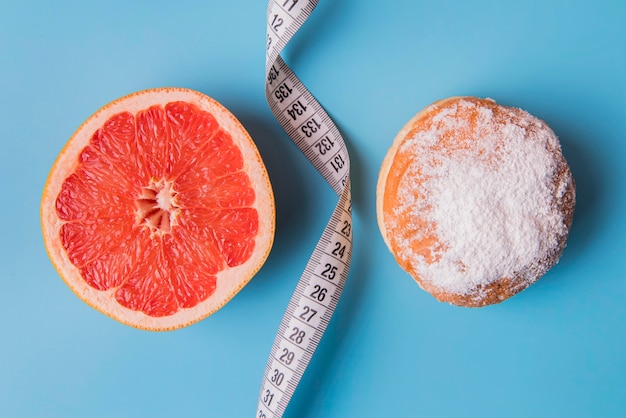
If you want to lose weight, the common advice is to count calories and eat less, right? Well, not exactly, says Terry Fairclough, a top personal trainer and co-founder of Your Body Programme. As a trainer, I’ve heard many different opinions on what the best diet for weight loss is. Should you count calories? Should you go low fat, low carb, or high protein? Maybe try fasting or eat small meals throughout the day? One thing is clear: drastically cutting your calorie intake isn’t the solution.
Yes, a big calorie deficit can lead to weight loss, but that doesn’t always mean fat loss, which is what most people are aiming for. The typical Western diet tends to be larger than necessary, so some reduction in calorie intake might be needed but under-eating isn’t the answer.
When you eat, your body converts carbohydrates into glucose, which fuels your cells. Glucose that isn’t immediately burned off gets stored as glycogen in your muscles and liver, along with water. If you cut calories drastically, your body uses up this stored glycogen and water first – not fat.
Your body actually needs a balanced amount of calories containing fats, carbs, and protein. Protein, for example, is crucial because it helps build muscle, which in turn can help you burn more fat. Even fat, though often avoided in diets, is essential as it provides long-lasting energy, especially during exercise.
Cutting too many calories or nutrients can lead to deficiencies and health issues like fatigue, malnutrition, and hormonal imbalances. It also stresses your body, causing it to produce cortisol, a hormone that can actually slow down your metabolism and increase fat storage, particularly around the belly.
Moreover, long-term calorie restriction can mess with your metabolism to the point where it becomes harder to lose weight because your body goes into “famine mode” and holds onto fat.
Instead of extreme dieting, it’s important to eat the right amount of calories and nutrients for your body type, goals, activity level, and general health. This approach can help keep your metabolism running efficiently, support your overall health, and assist in losing fat rather than just weight.
The Your Body Programme (YBP) was created to help people understand their specific calorie needs based on their unique body types. Figuring this out can help you make informed decisions about what and how much to eat.
In practice, this means consuming a variety of lean proteins, healthy carbohydrates, and fats. Think lean meats, eggs, fish, fruits, vegetables, whole grains, nuts, and seeds. The goal is to fuel your body so it can function optimally and stay healthy.
Overall, it’s about nourishing your body and supporting your metabolism rather than just striving to consume as few calories as possible. In the long run, this balanced approach can help you stay healthy and achieve your weight loss goals.